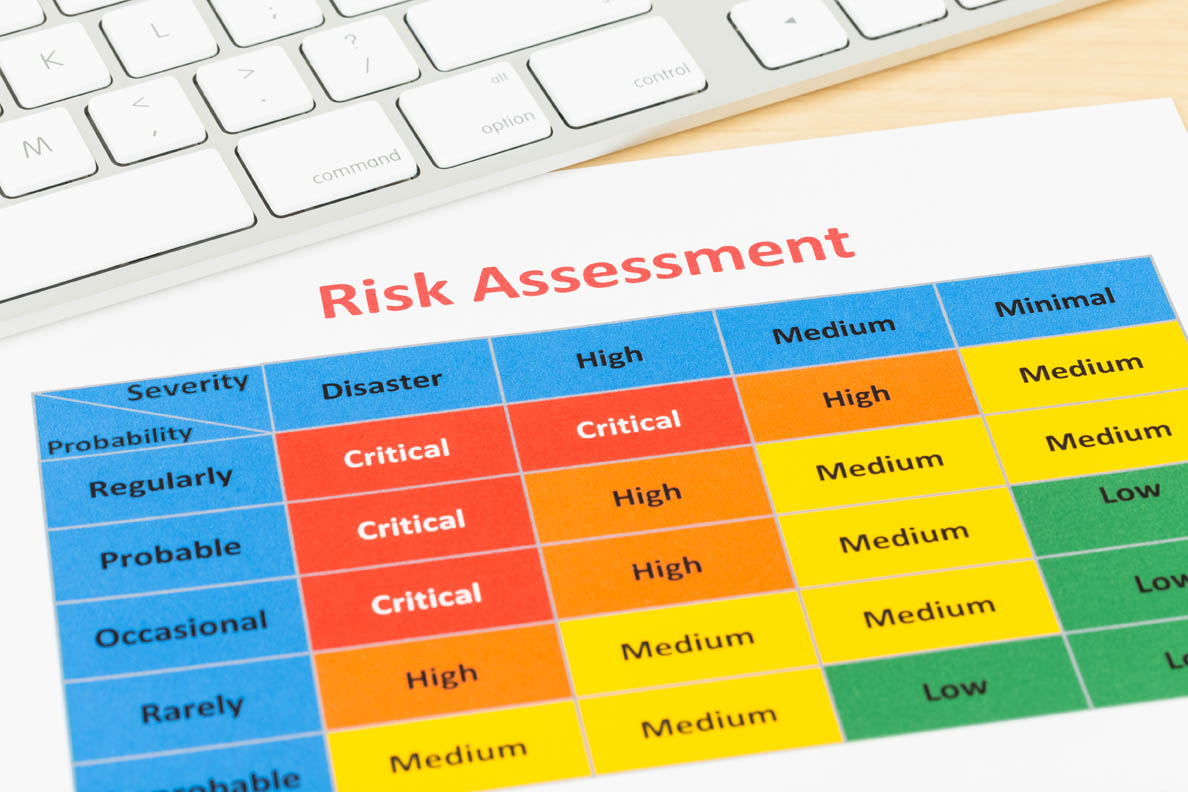If you are a business owner or manager there are many rules and regulations with which you have to comply by law. These have increased in considerable numbers over the last 40 years or so, and while many of them are sensible, they unfortunately add to the complexities of operating a business. They also take time, which means that instead of spending that time on increasing your turnover, you are instead spending it on things which you may find difficult to comply with since you may not fully understand them.
One such law concerns fire risk in your premises. According to government instructions, you are responsible for fire safety in business or other non-domestic premises if you are one of the following:
- an employer
- the owner
- the landlord
- an occupier
- anyone else with control of the premises, for example a facilities manager, building manager, managing agent, or risk assessor
You are known as the “responsible person” under the Regulatory Reform (Fire Safety) Order 2005. The Order also applies if you have paying guests such as running a bed and breakfast, or you have a self-catering property that you let.
There may also be more than one responsible person. For instance, in an office block there may be several different companies working, and in this case the responsible persons must work together in order to ensure that you are compliant.
The following things are what you have to do as the responsible person:
- carry out a fire risk assessment of the premises and review it regularly
- tell employees or their representatives about the risks you’ve identified
- put in place, and maintain, appropriate fire safety measures
- plan for an emergency
- provide employee information, fire safety instruction and training
In addition, if you employ five or more people you are also required to make a written report of your fire risk assessment and any steps that you have taken as a result.
It Does All Make Sense
All of which makes a lot of sense, of course. Keeping everyone on your premises safe is paramount and is vitally important, so it makes sense to be compliant. There is another reason why you need to do this too. Here is what it says on the government website:
You could be fined or go to prison if you do not follow fire safety regulations.
However, here is the problem. You may be an accountant. You might be a web designer. You could own a convenience store. You might own an engineering firm. You could be in one of hundreds of different industries. But this is the catch: what do you know about carrying out a fire risk assessment? Probably not very much. And that is fair enough, because you haven’t had the training that is necessary to understand and evaluate the fire risk in your building. Why should you know?
OK, there are some things which may be pretty obvious, but there could be dozens of others that are not obvious to the untrained eye and which you could miss out completely. It’s not your fault, but yet the law says that you have to do it.
You are required to identify the fire hazards and the people at risk. You have to evaluate and remove or reduce the risks, record your findings and prepare an emergency plan and train your employees. You are also required to review your fire risk assessment regularly. The law doesn’t define “regularly” but most people accept it as once a year, although you need to do so if you make any changes. So, for example you might move machinery about, and this could block an escape route.
However, if you are not confident in your own ability to carry out a fire risk assessment of your premises, or are not competent, then there is a get-out clause. The law also says this:
“If you do not have the expertise or time to do the fire risk assessment yourself you need to appoint a ‘competent person’ to help, for example a professional risk assessor.”
Isn’t that a relief?
We can do this for you with our fire risk assessment services at UK-Fire Risk Assessments. Our experts will check over your premises, advise you of any steps that need to be taken, and provide you with the written report that you need.

